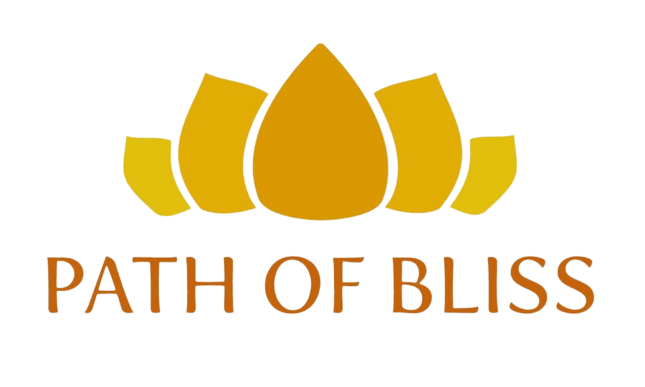Leadership is a term often associated with power, influence, and the ability to guide others. However, true leadership starts from within. Before one can effectively lead others, one must first have mastery over oneself, particularly over one's mind and its inherent tendencies. This inner leadership, rooted in self-awareness and self-control, is the foundation upon which great leaders are built.
Understanding Mental Propensities
Mental propensities are the inherent tendencies or inclinations of the mind. These can range from emotions like fear and hope to desires such as greed. Every individual possesses these propensities to varying degrees, and they play a significant role in shaping our thoughts, actions, and decisions.
Greed: An innate human tendency, greed can drive individuals to act selfishly, often at the expense of others. While ambition is healthy, unchecked greed can lead to unethical decisions and actions.
Fear: Fear is a natural emotion that can either paralyze us or propel us forward. Leaders must learn to manage and channel their fears constructively.
Hope: A powerful motivator, hope can inspire and drive positive change. However, unrealistic hope can lead to disappointment and disillusionment.
For a leader, the unchecked sway of these propensities can cloud judgment, leading to decisions that may not be in the best interest of the collective. Hence, mastering these tendencies is crucial.

Yoga: The Path to Self-Control
Yoga, an ancient discipline, offers tools and techniques to achieve self-control and heightened self-awareness. Central to this are the Cakras (chakras), which are subtle energy centers that influence our mental propensities.
Cakras (chakras) and Endocrine Glands: Each Cakra (chakra) corresponds to a specific endocrine gland in the body, responsible for hormone production. These hormones, in turn, influence our mental states and propensities. An imbalance in a Cakra (chakra) can lead to an overactive or underactive propensity.
Meditation: The most important Yogic practice
The cornerstone of self-awareness, meditation allows individuals to dive into the higher layers of the mind unassailed by the propensities and learn to operate from within those layers. The higher layers receive a clearer reflection of the infinite perfect Consciousness within. Through consistent practice, one can gain control over their mental propensities, ensuring they act as guides rather than dictators.
Asanas and Concentration: Physical postures (asanas) combined with yogic concentration techniques help balance the Cakras (chakras), ensuring a harmonious flow of energy and a balanced mind.
Leading in Today's World
In an ever-evolving world, leaders are needed who are not just knowledgeable but also self-aware and balanced. By leading oneself, individuals can set an example for others, guiding them not just through words but through actions. When leaders are grounded in self-awareness and self-control, their decisions reflect clarity, compassion, and foresight.
In conclusion, the journey to effective leadership begins with leading oneself. By embracing disciplines like Yoga, individuals can cultivate the inner balance and self-control essential for leadership. As more individuals embark on this journey of self-leadership, society as a whole stands to benefit, paving the way for a future led by conscious, compassionate, and balanced leaders.

